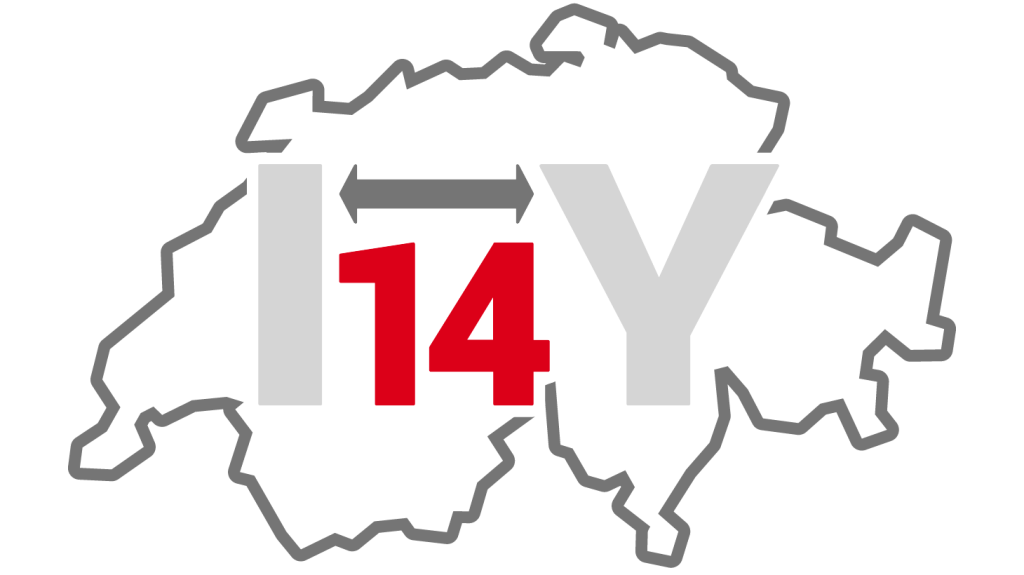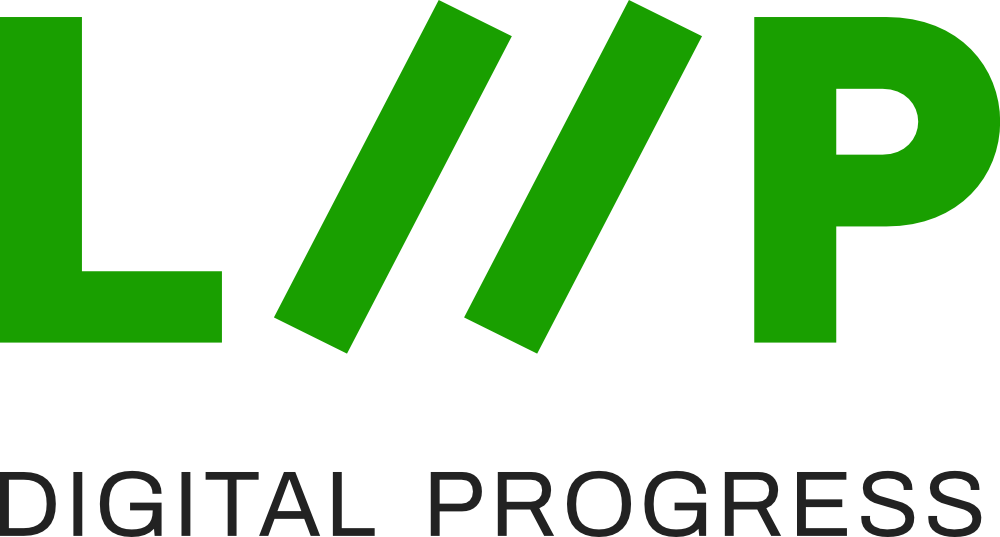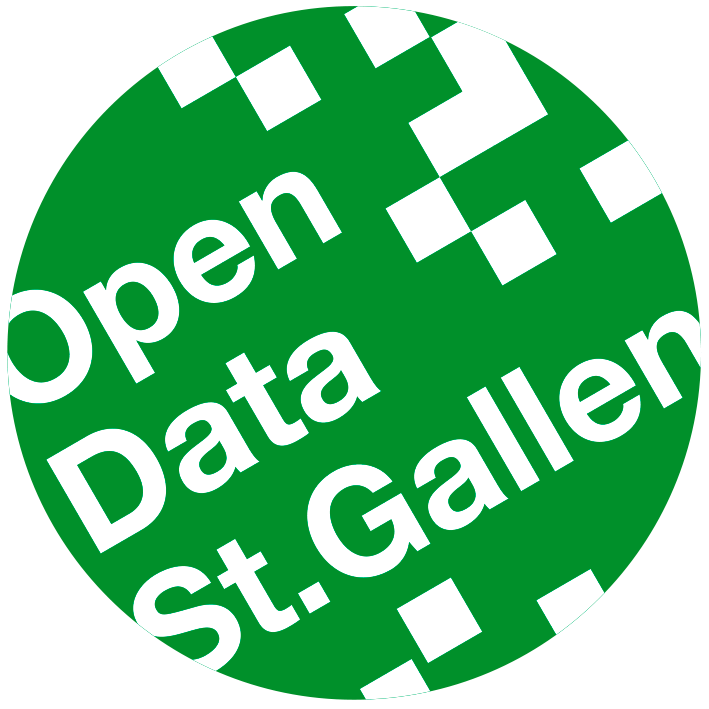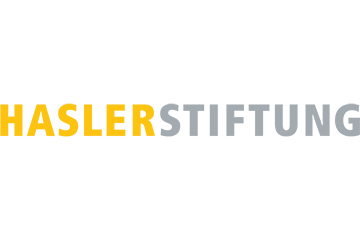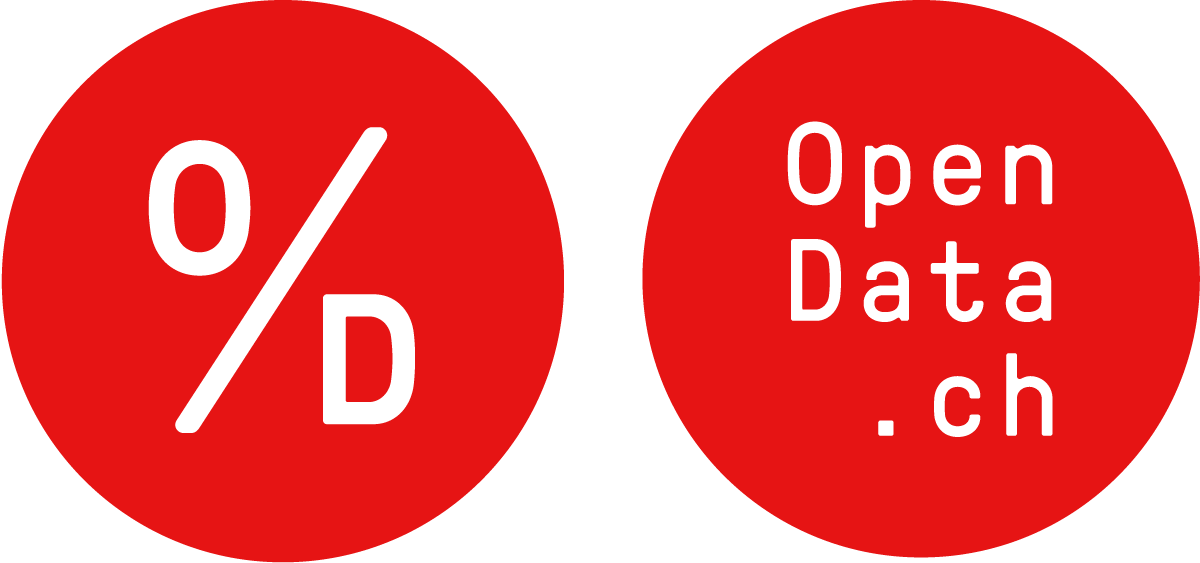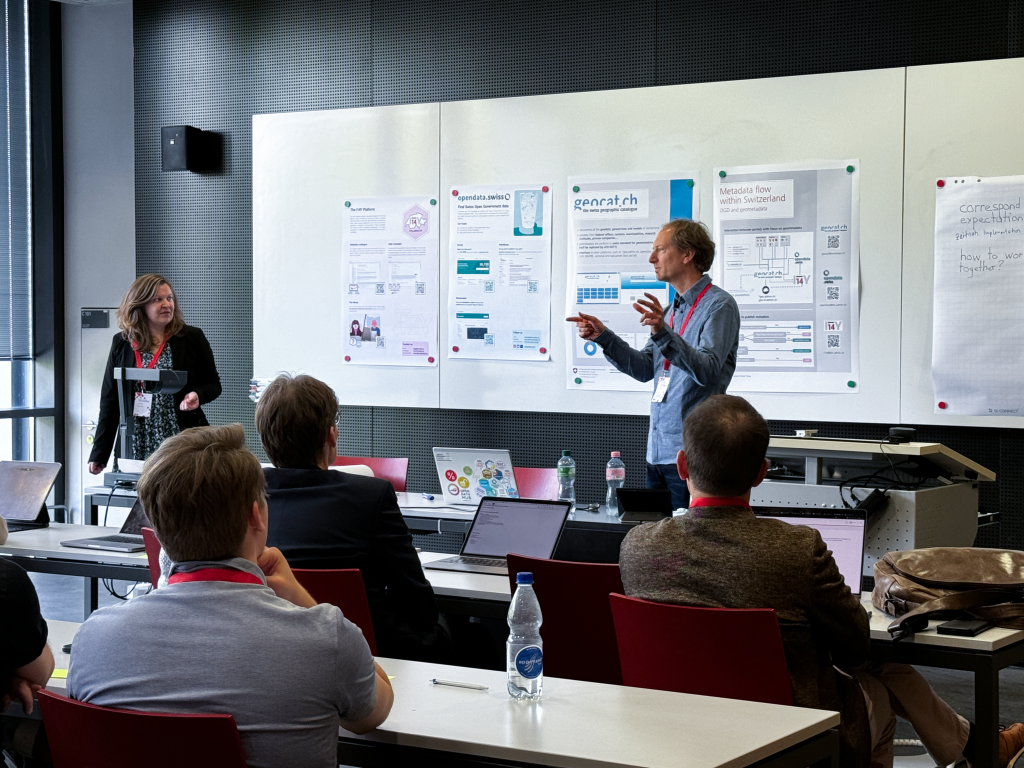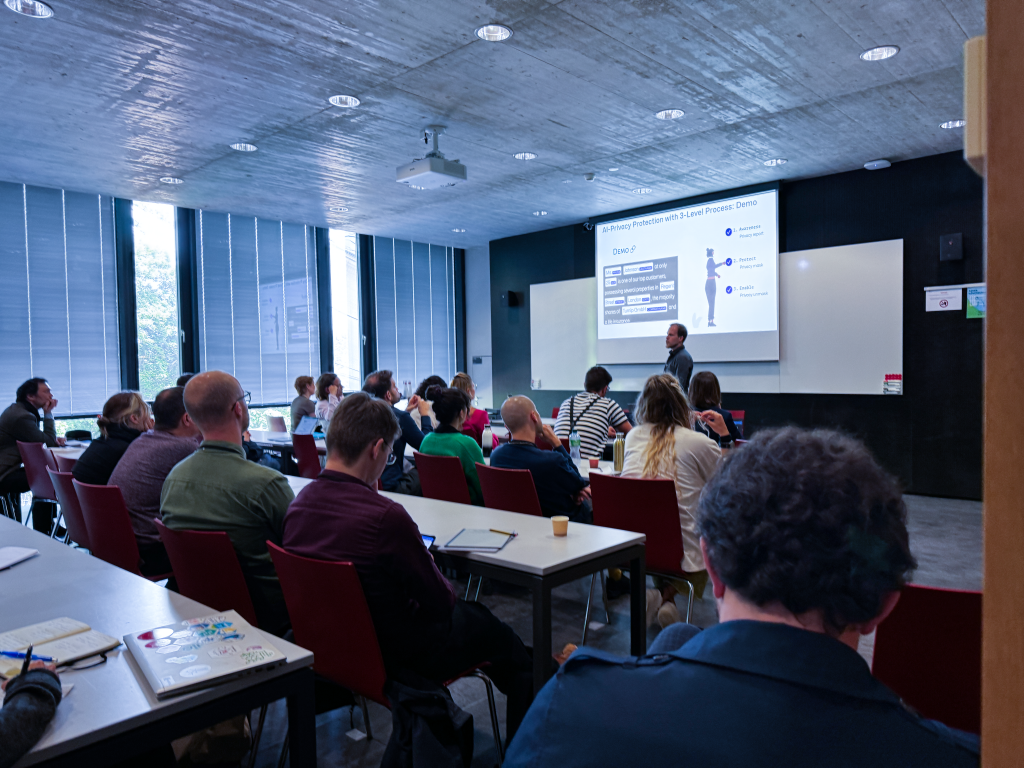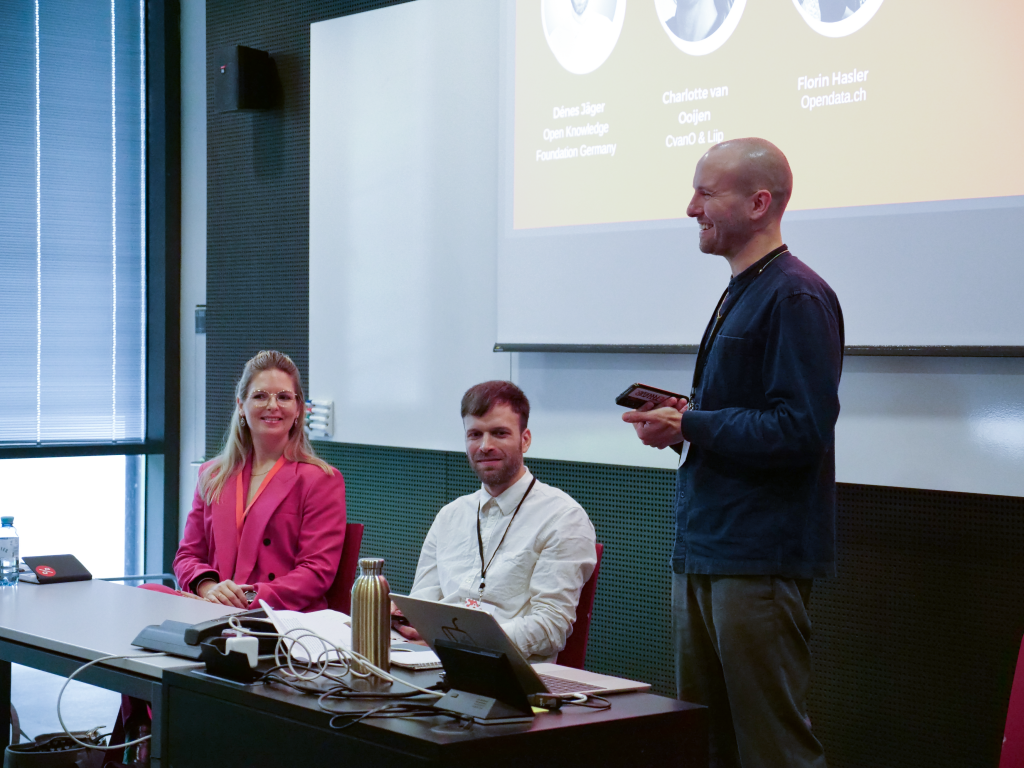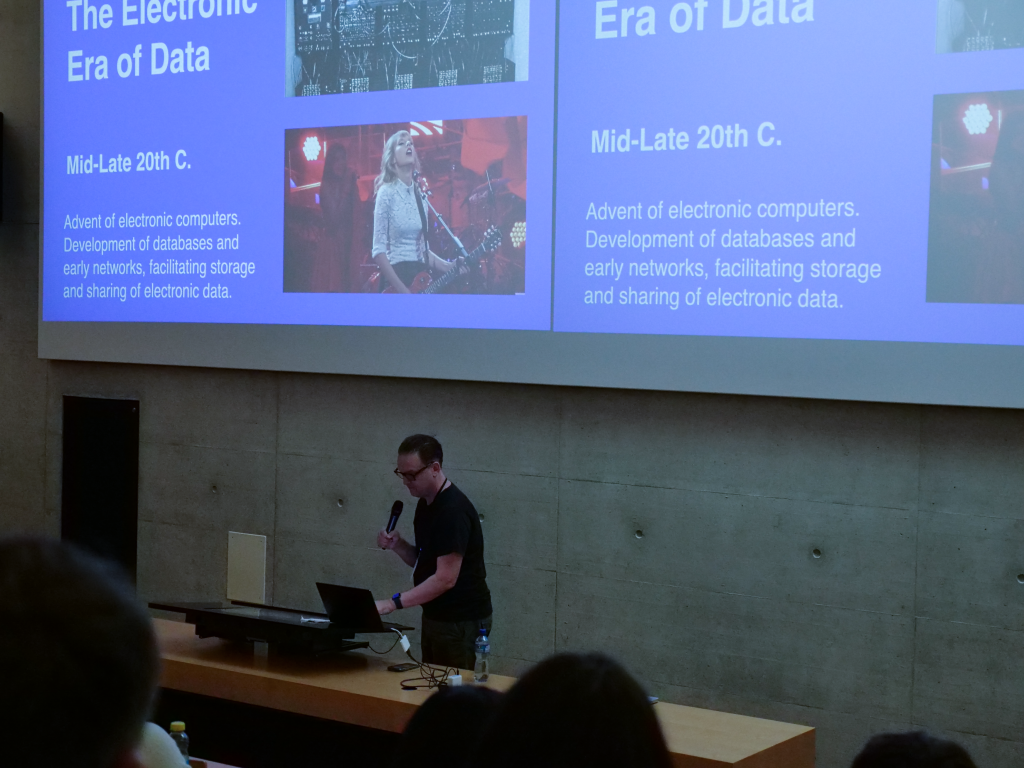Data for the Common Good – Learn, Share, and Empower
- Forum
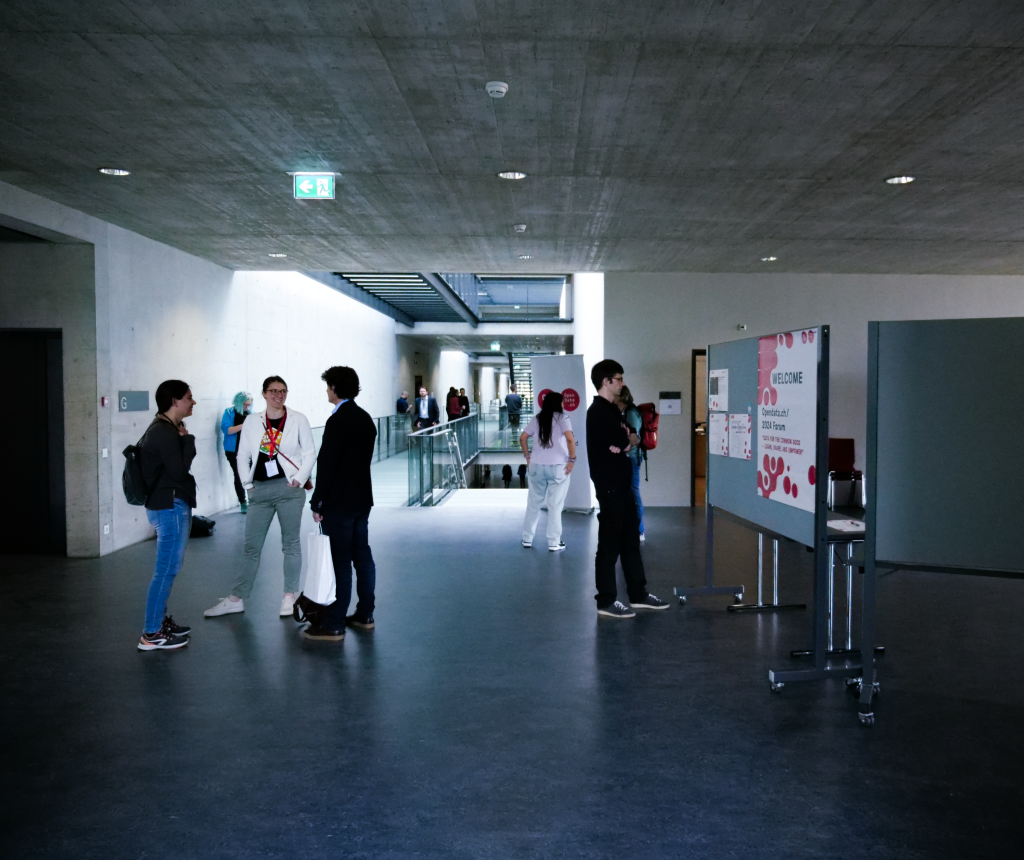
The Opendata.ch/2024 Forum united experts, enthusiasts, and stakeholders from government, research, business, and civil society with a common goal: To start discussions, network, and learn from each other, all while trying to shape the future of (open) data in Switzerland and beyond. One of the defining features of this year’s Forum was the emphasis on exploring multiple perspectives on common data-related challenges and topics. We wanted to ensure that the speakers represented a variety of backgrounds, bringing rich and diverse viewpoints to the table. The event was a way to challenge their collective knowledge and go beyond the known and unlock other potential futures for their ideas, projects, and thinking.
Session Highlights
In the morning, Gerhard Andrey opened the Forum (link to presentation), highlighting the importance of (open) data. Following this we had a blend of panel discussions and keynotes to start the day on a good note. On one side: a panel discussion with Julia Mia Stirnemann, Jonas Lendenmann, Philipp Bosch and Andreas Amsler who discussed their experience in building human centered solutions through data and collaboration. On the other side, Prof. Jan-Erik Baars made a keynote on universal design and data, and how those two can or not co-exist.
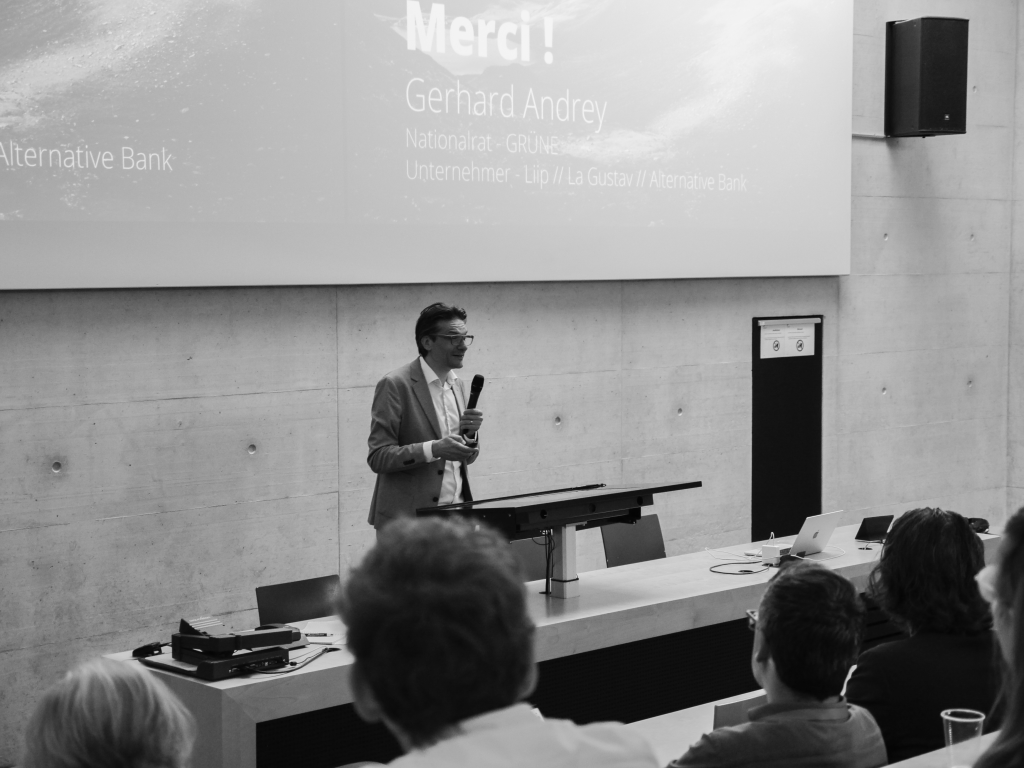
Right before, Charlotte van Ooijen Falce, Dénes Jäger, and Florin Hasler discussed the current state of Open Government Data (OGD) in Switzerland, Germany and the EU (link to presentation). Simultaneously, Corinna Grobe talked about how one can combine data science skills with a product manager’s mindset.
We started off the afternoon with Marie Jeanne Seminar, Stefan Metzger, Andrin Eichin and Beat Estermann discussing data spaces, and how we can go from theory to practice. We’ve also had the opportunity to experience a hybrid session both online with Michael Njogu and in person led by Monica Ray Scott who discussed real life applications of data and how they could be translated into visual elements (digital gift bag here – login to Mural required ).
After that, a double session was held by Maik Roth, Dr. Raphaëlle Arnaud, Mathias Born, Tania Humar and Martin Scheiber. In the first part of their session they presented meta data portals in Switzerland and the second part had a more hands on approach and helped participants get a more concrete grasp at each of the platforms with the example of the canton of Fribourg. Meanwhile some of the participants attended three lightning talks about accessibility data, data-driven transformation, and data privacy with Elodie Auer (link to presentation), Stefan Barac (link to presentation) and Konstantinos Samaras (link to presentation).
Lastly, Dr. Diego Kuonen, presented a strong case for data literacy and this beyond our own borders and the closing presentation, delivered by Scott Smith, offered a glimpse into the future of data: “Everything, Everywhere, All at Once.” With a parallel to Taylor Swift’s career… you should see it it’s worth it! (link to presentations)
The Forum wasn’t just about talks and presentations; there was also a showcase of (open) data projects in an open space. This space and the projects showcased acted as catalysts, inviting participants to share their thoughts, start conversations about various topics or to simply take the time and give valuable feedback to the projects exposed. From ideas to real-world applications, the showcase sparked curiosity and encouraged dialogue.

This year’s Forum was proof that diversity of opinion – in an era where we are often pushed to interact only with people who agree with our own views – does have an important influence on change and whether or not it happens.
You can find the slides for all the other presentations and workshops held at our Opendata.ch/2024 Forum on the event page.
Thank you!
Thanks to all partners, sponsors and participants! We can’t wait to see you again next year, but most of all we can’t wait to see what next steps you will be taking towards a more impactful, open and sustainable data ecosystem in Switzerland and beyond!

